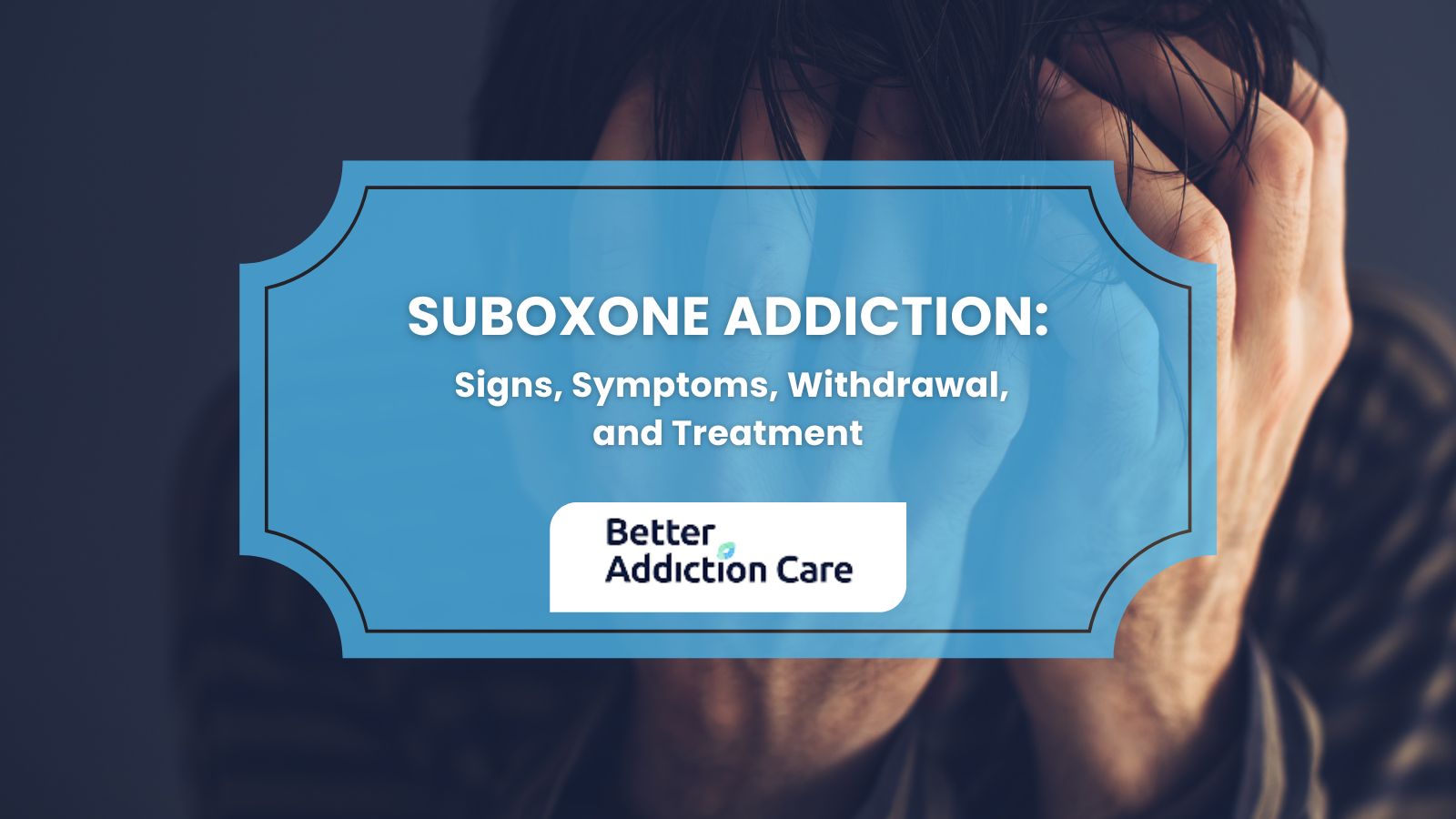48 Best Alcohol and Drug Rehabs in North Dakota 2025

7.34

6.88

7.48

7.29

7.14
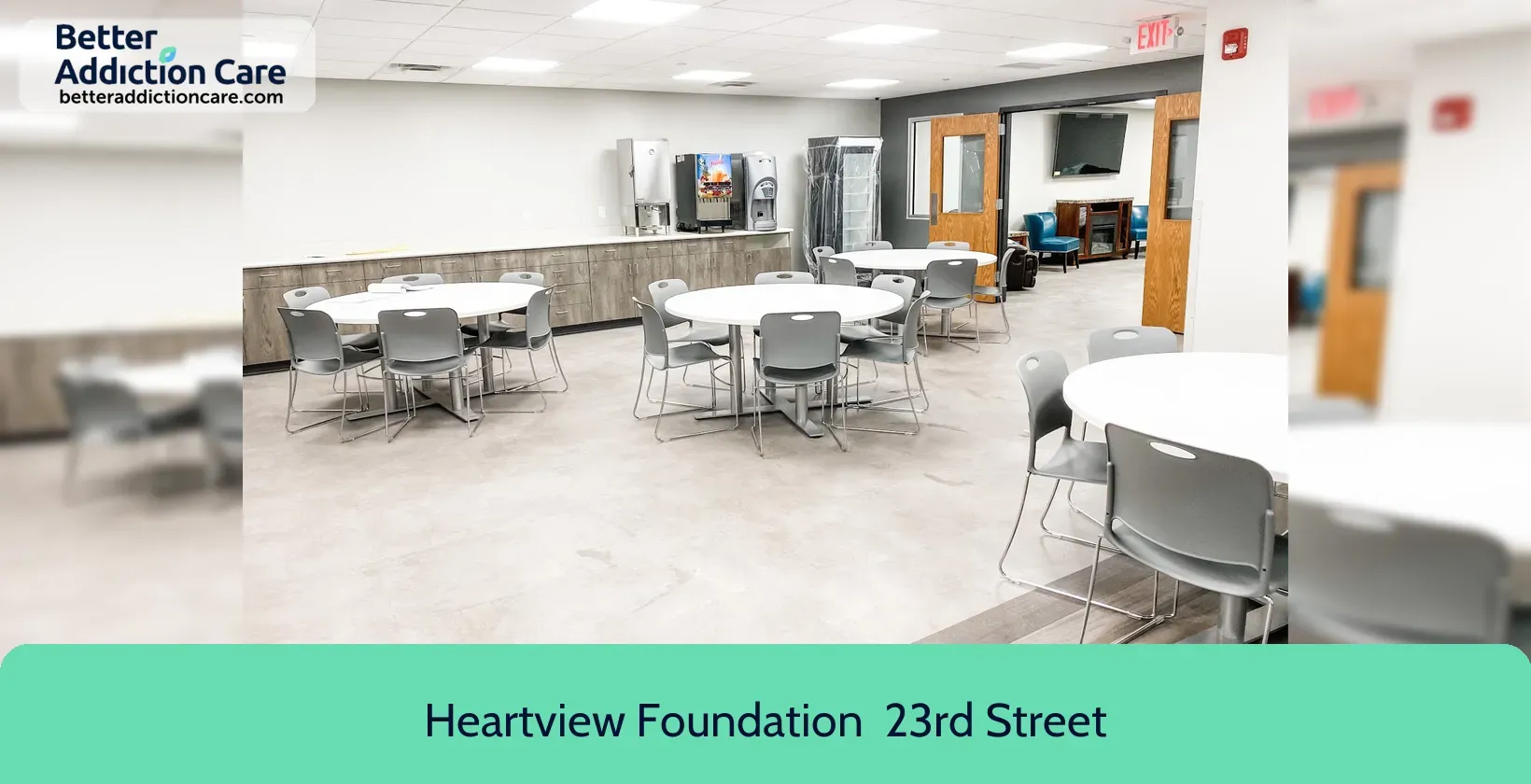
7.48
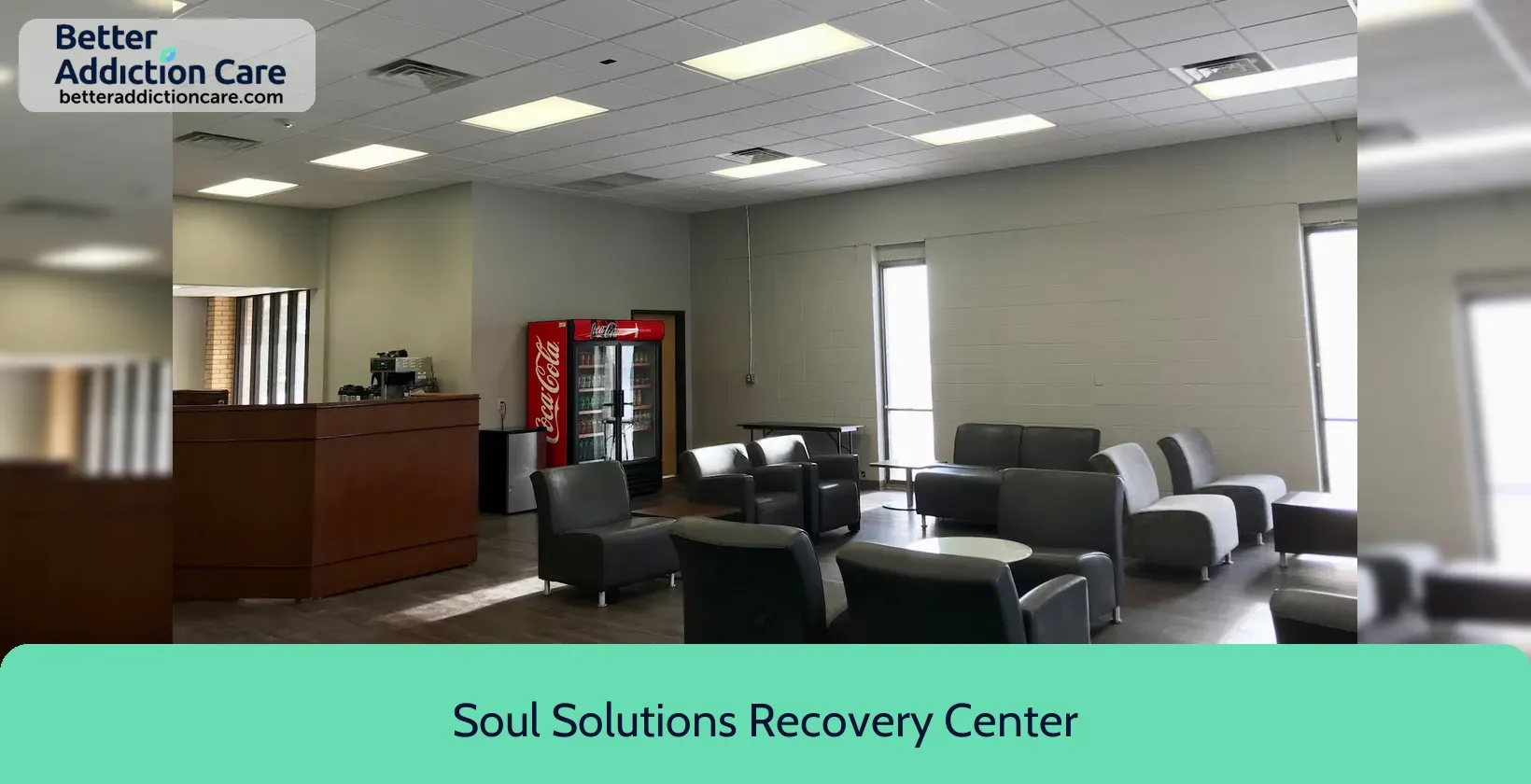
6.56
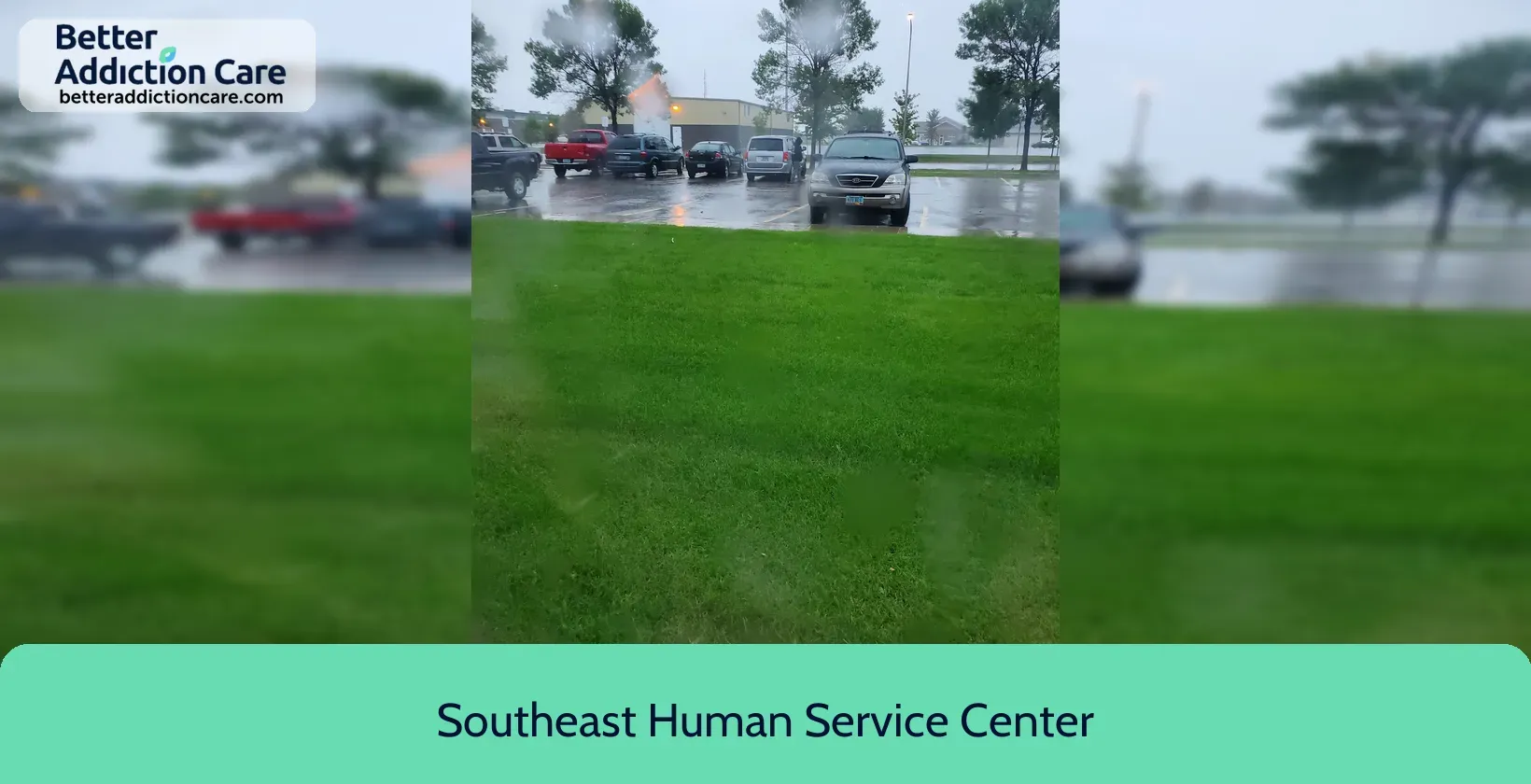
7.25
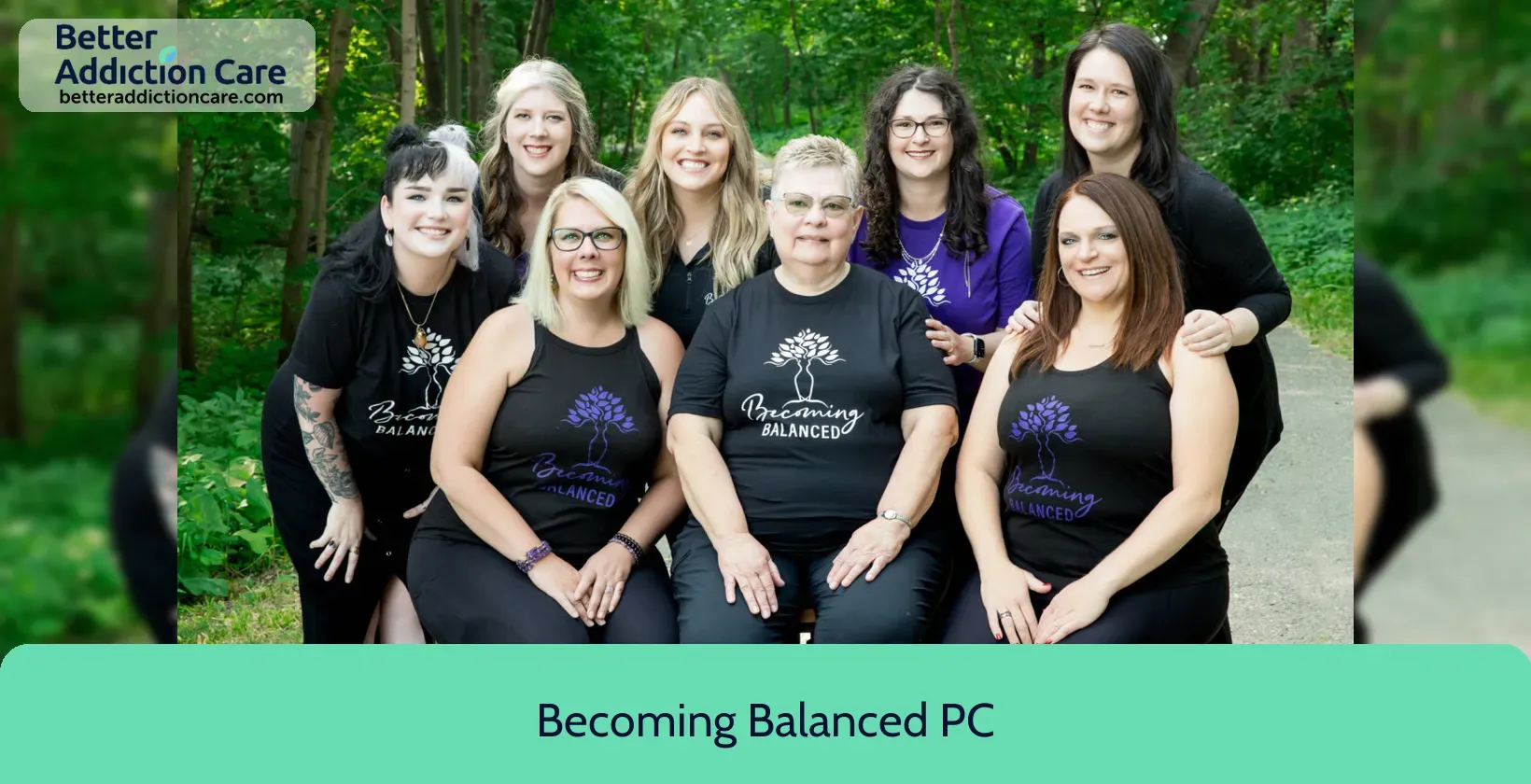
6.59
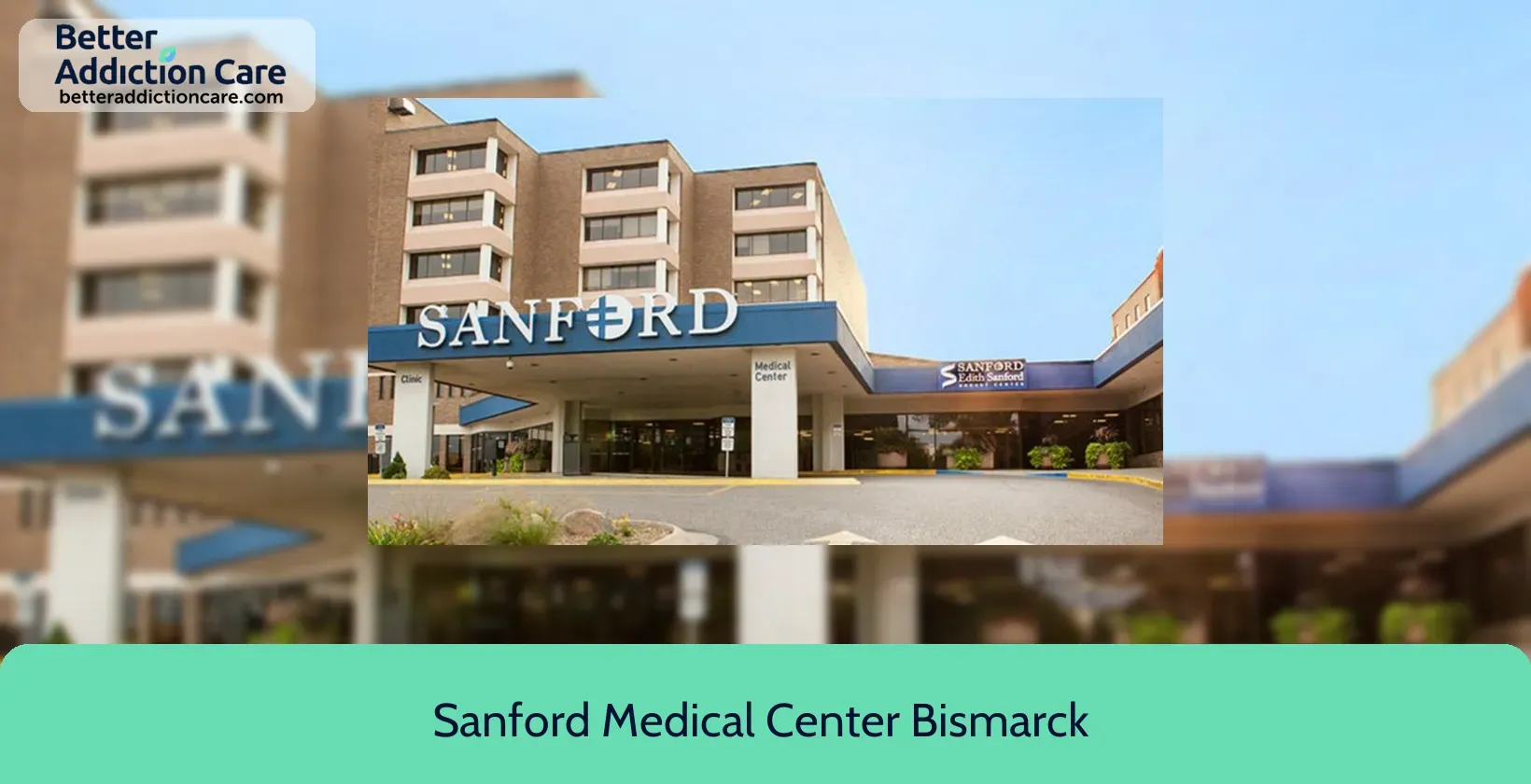
6.62
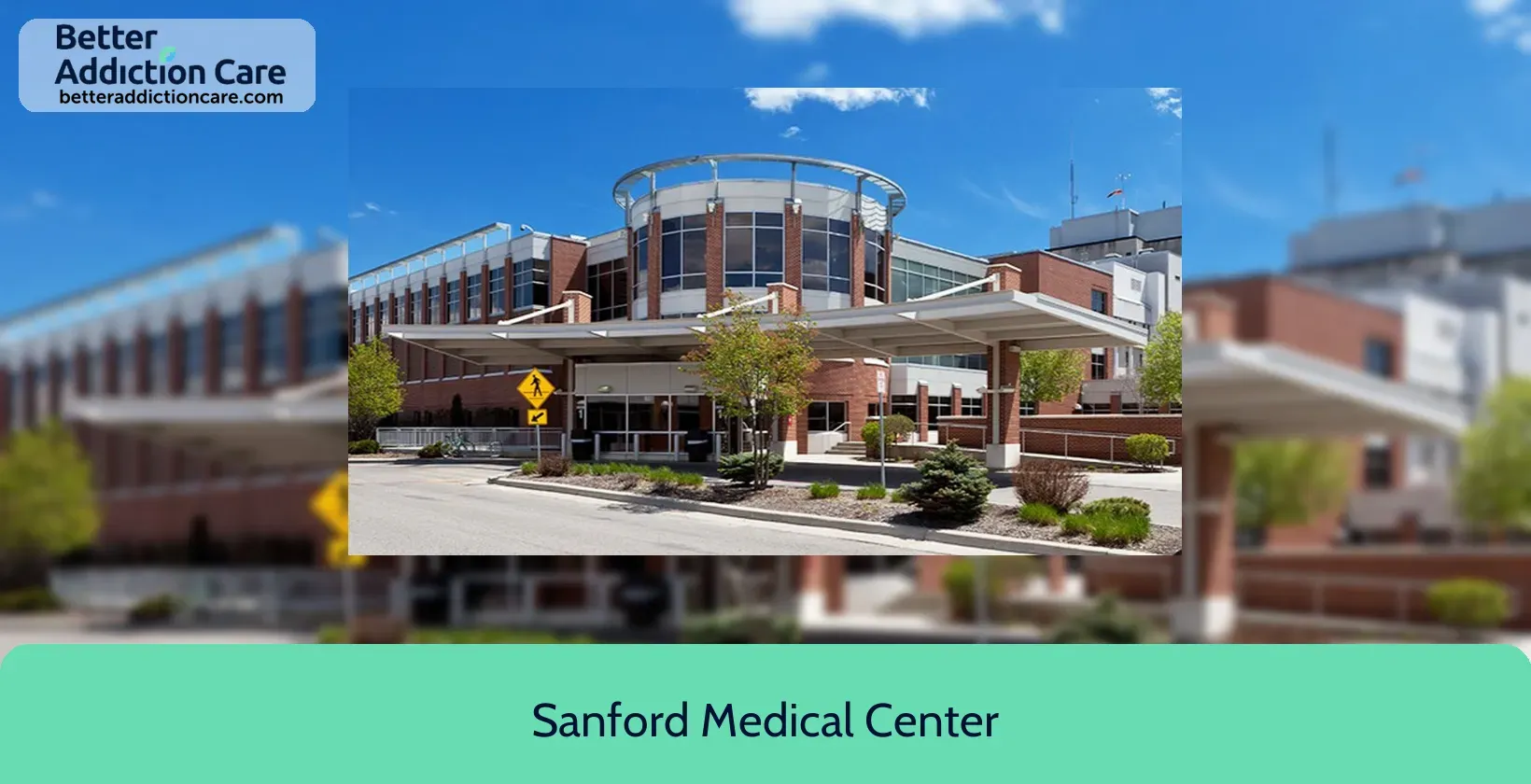
6.56
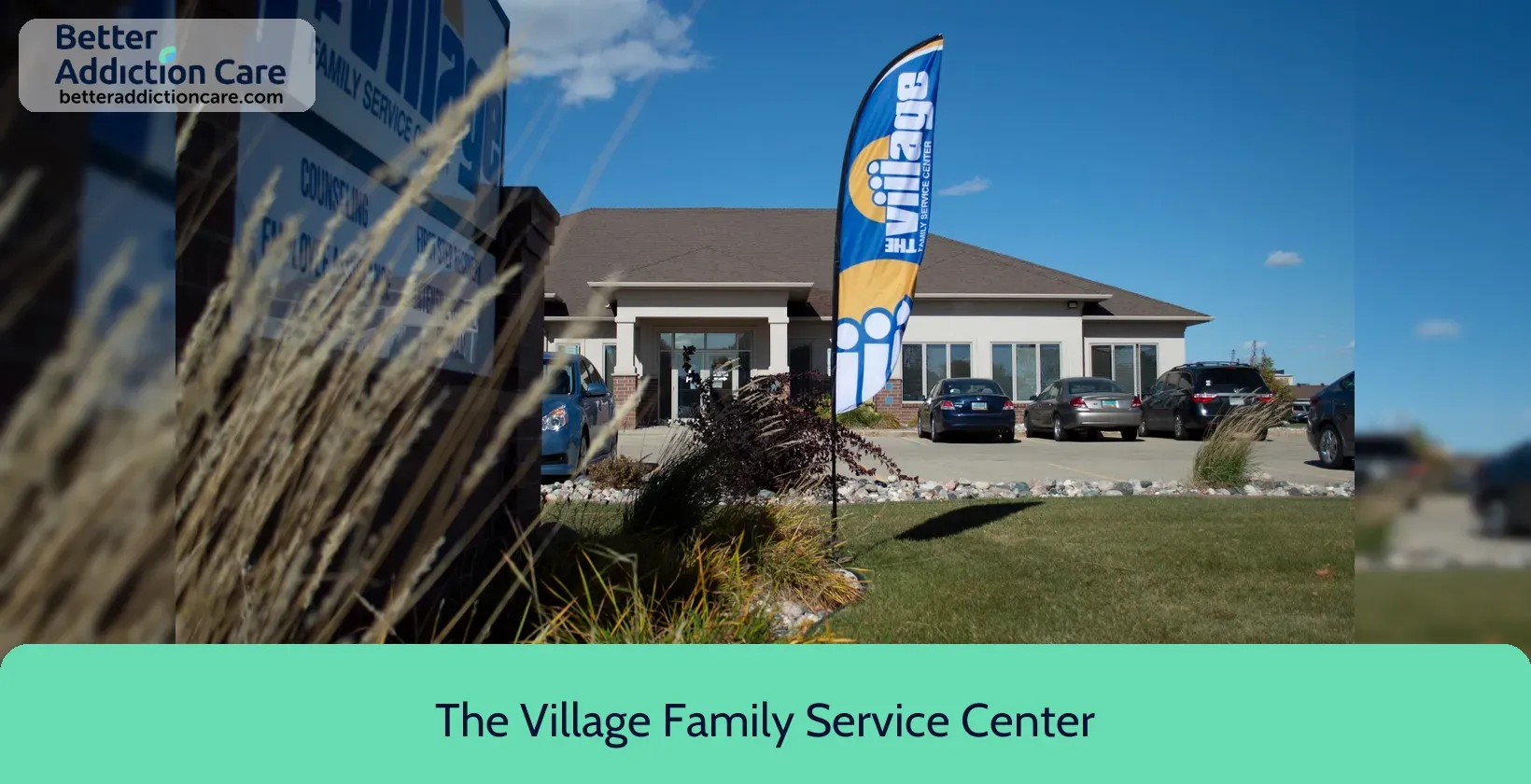
7.18
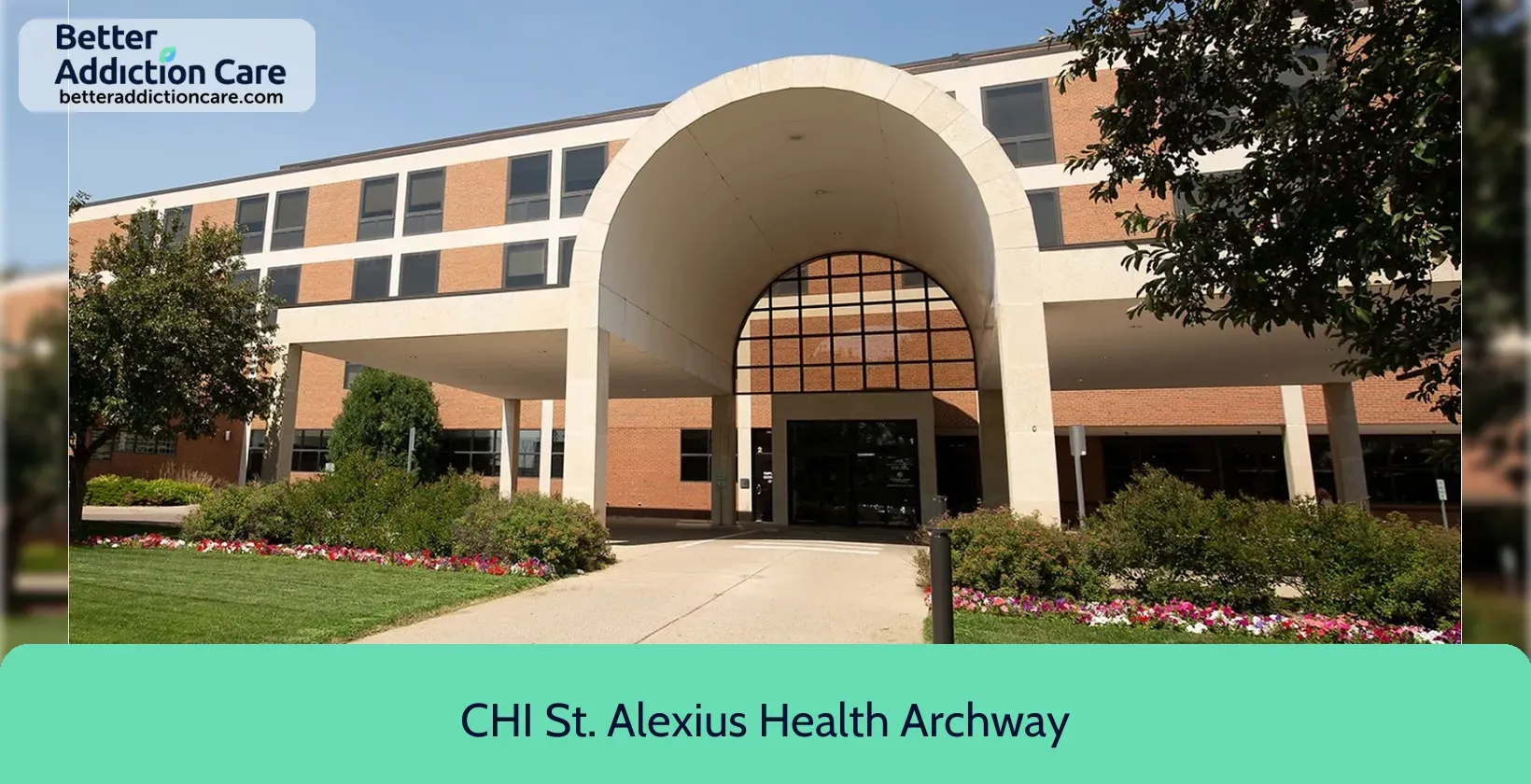
6.71
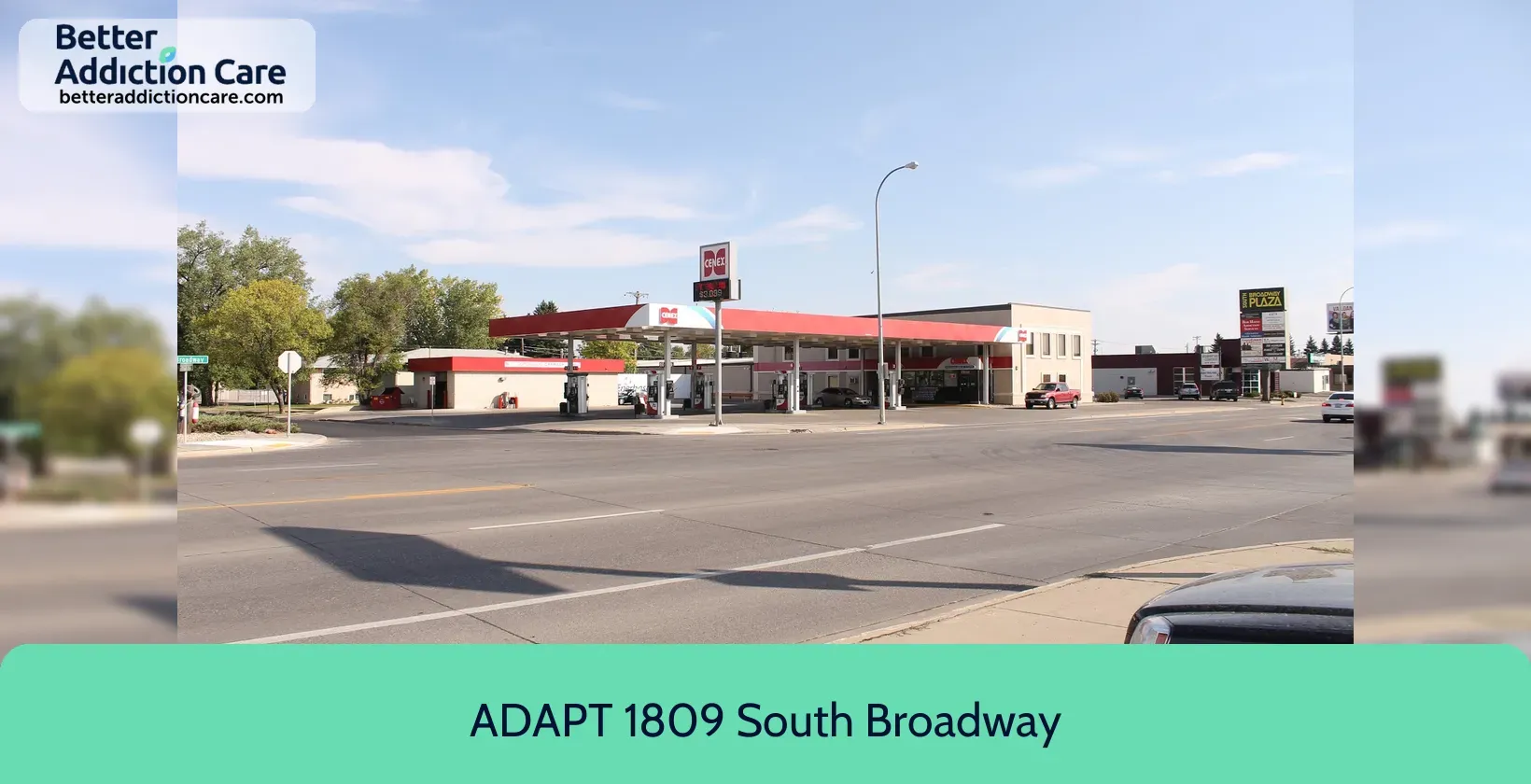
6.92
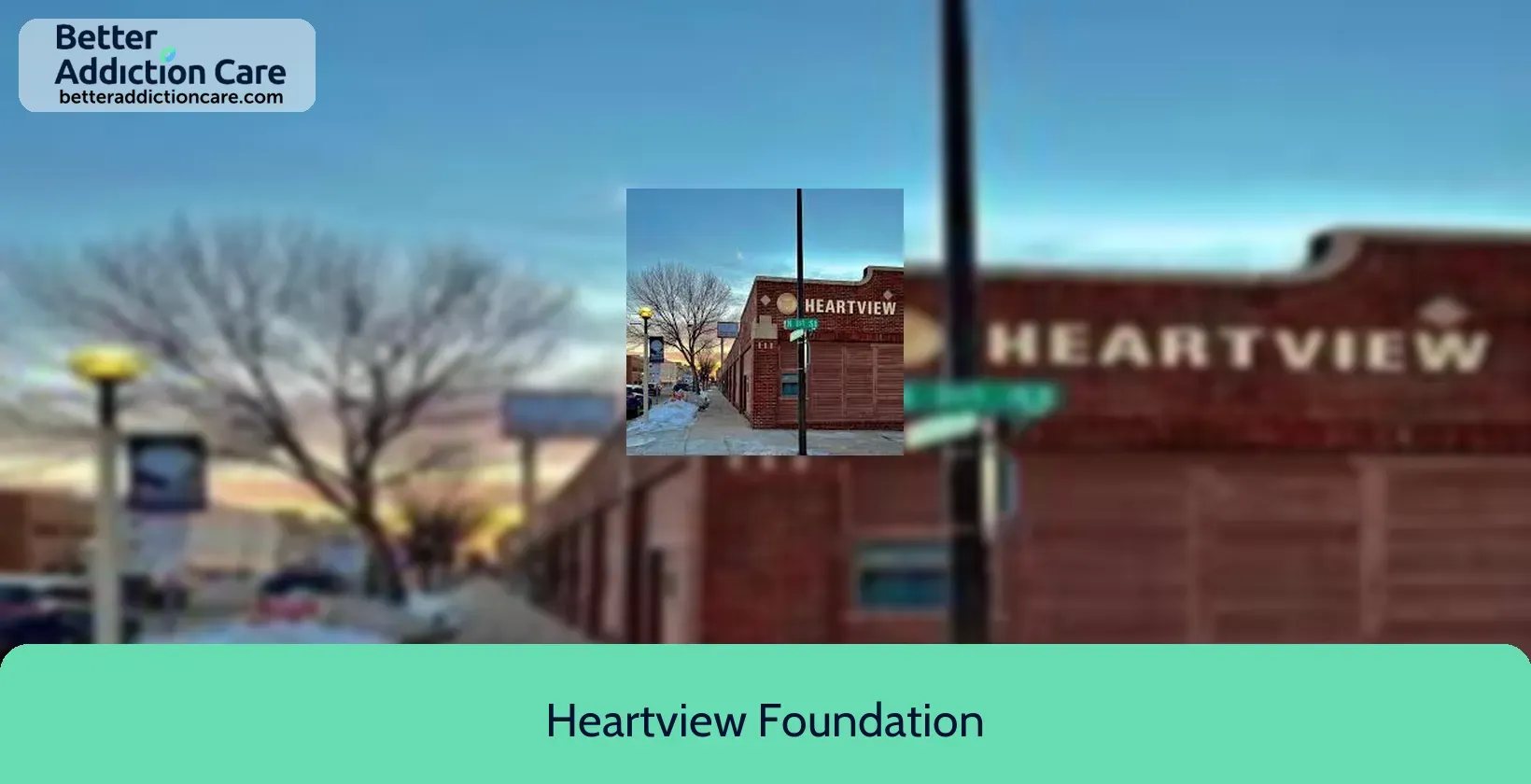
7.74
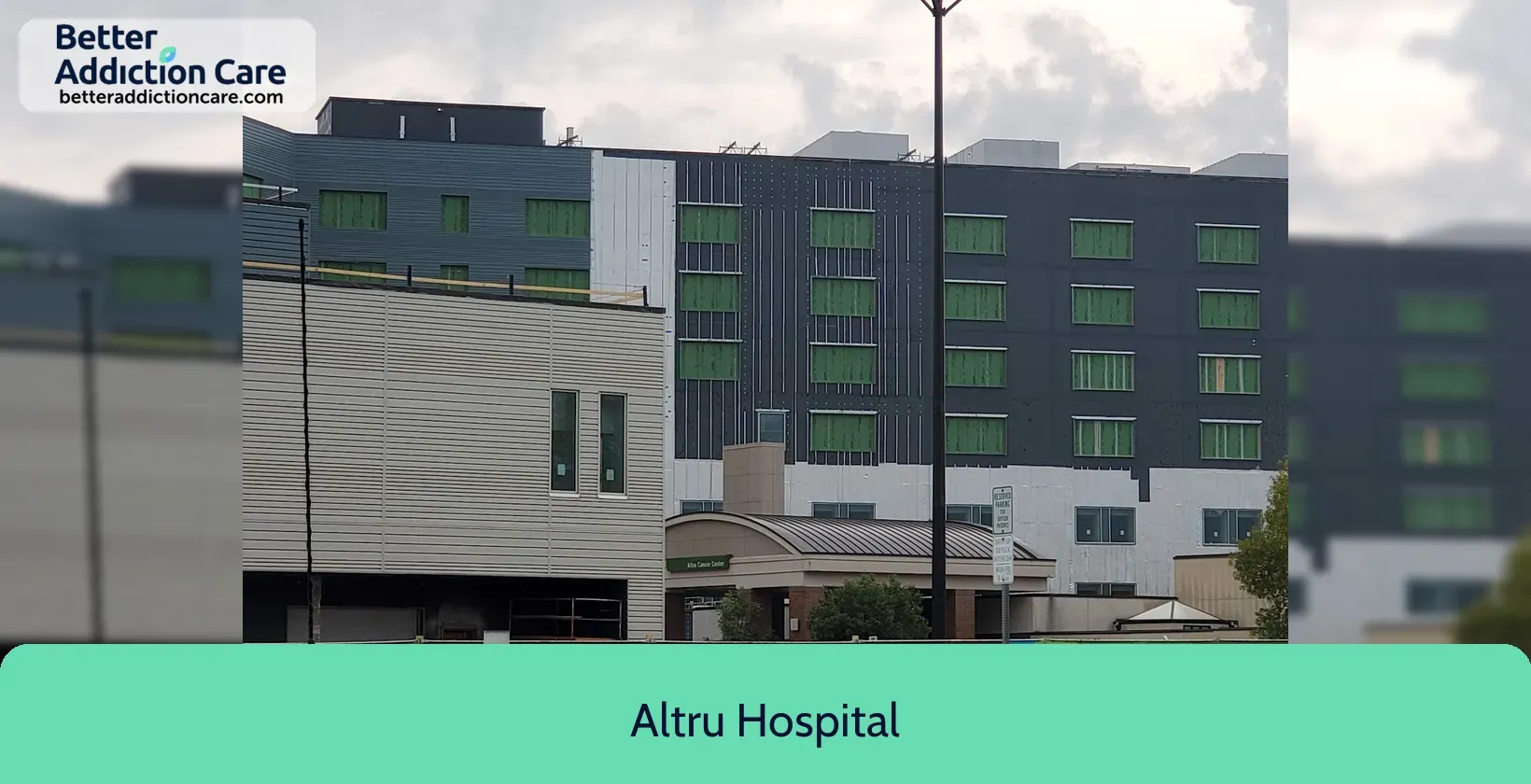
6.59
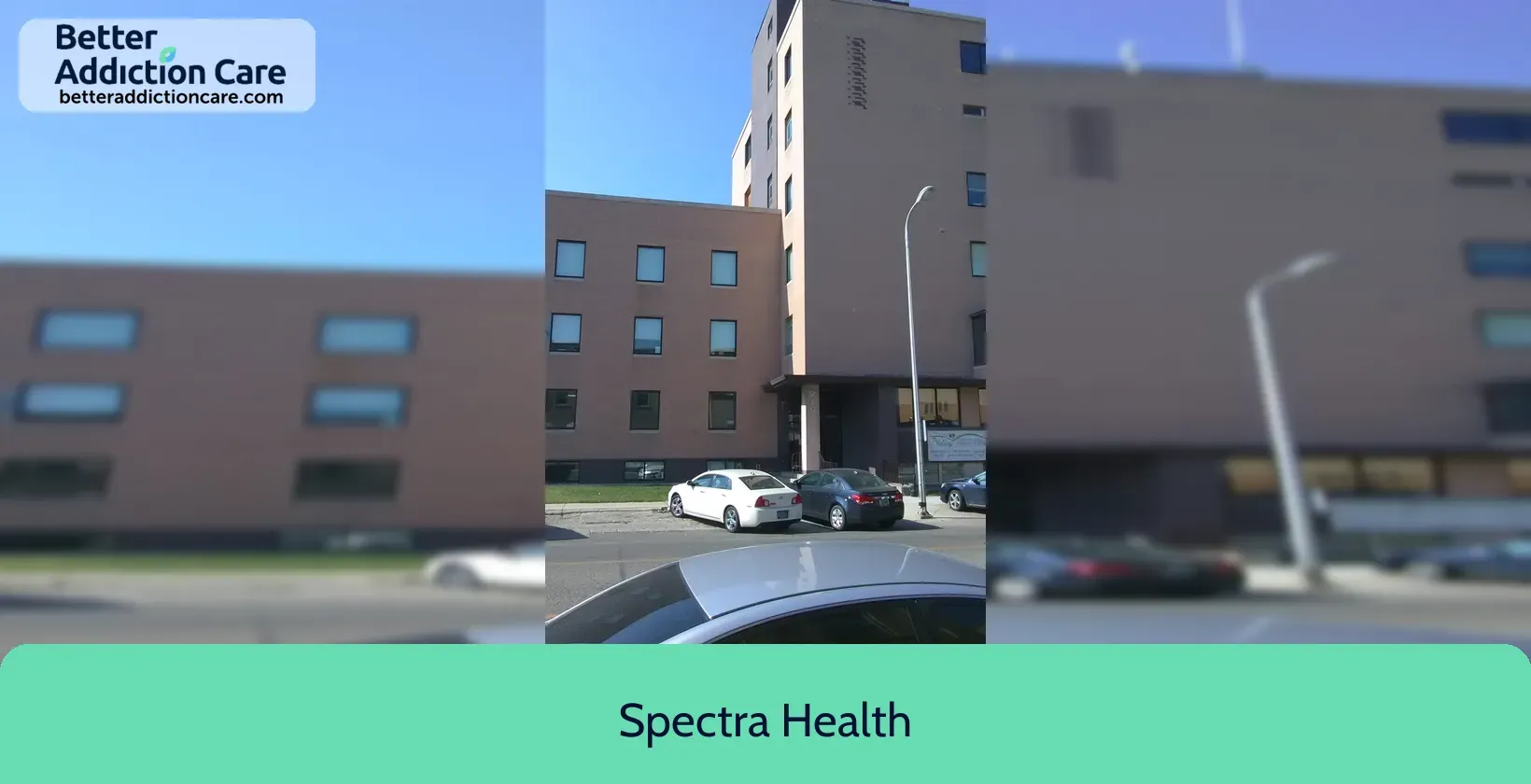
7.16
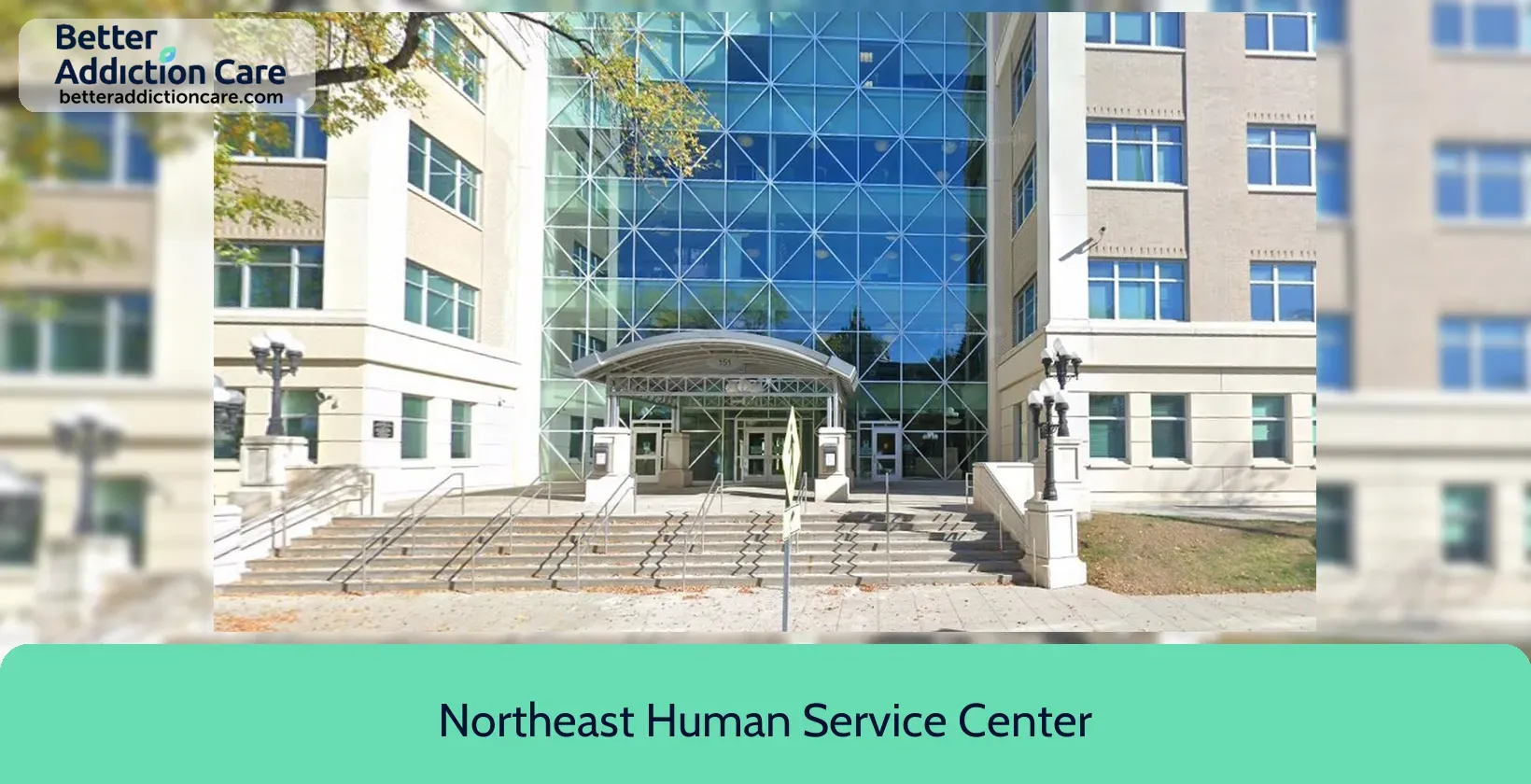
7.19
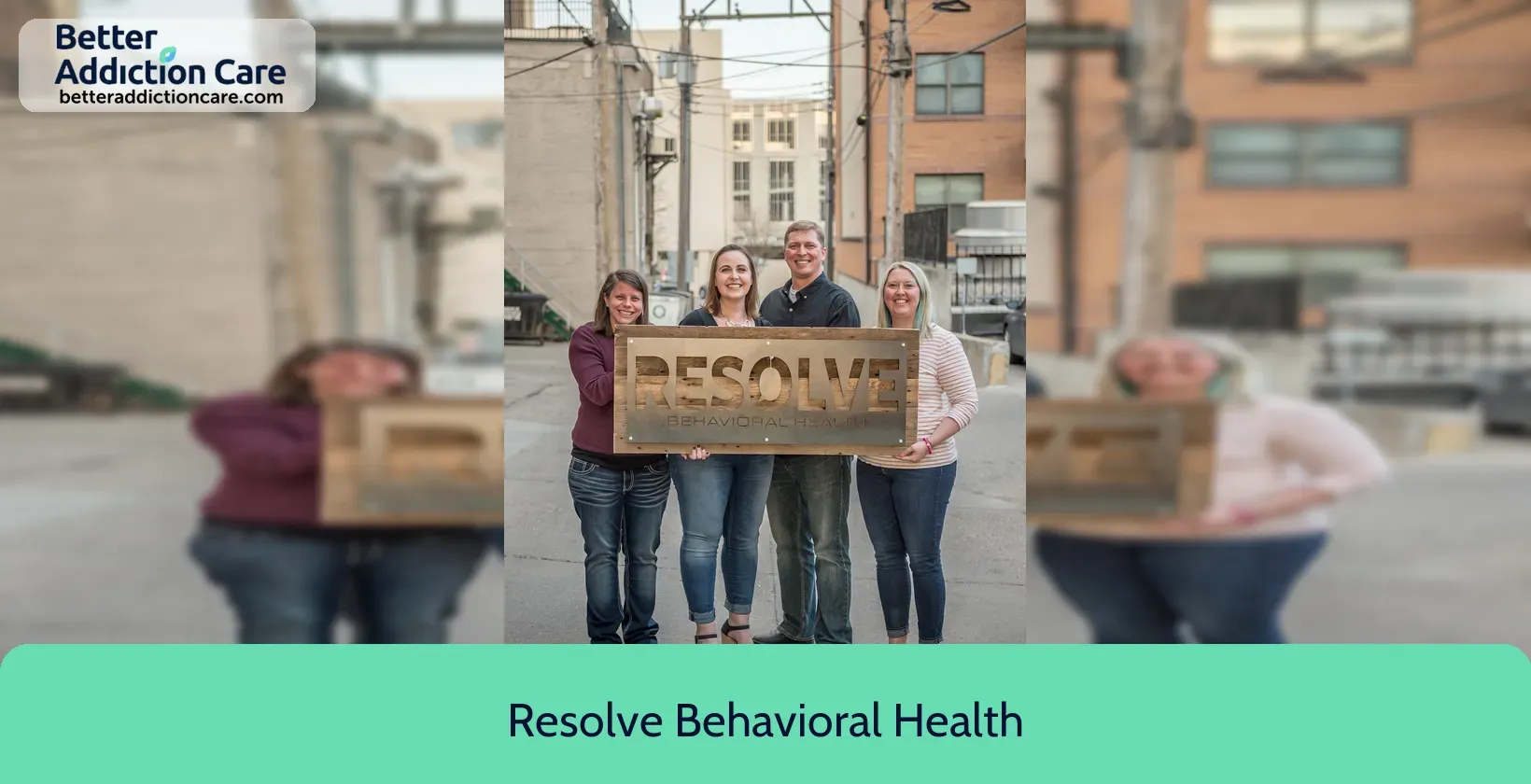
6.80
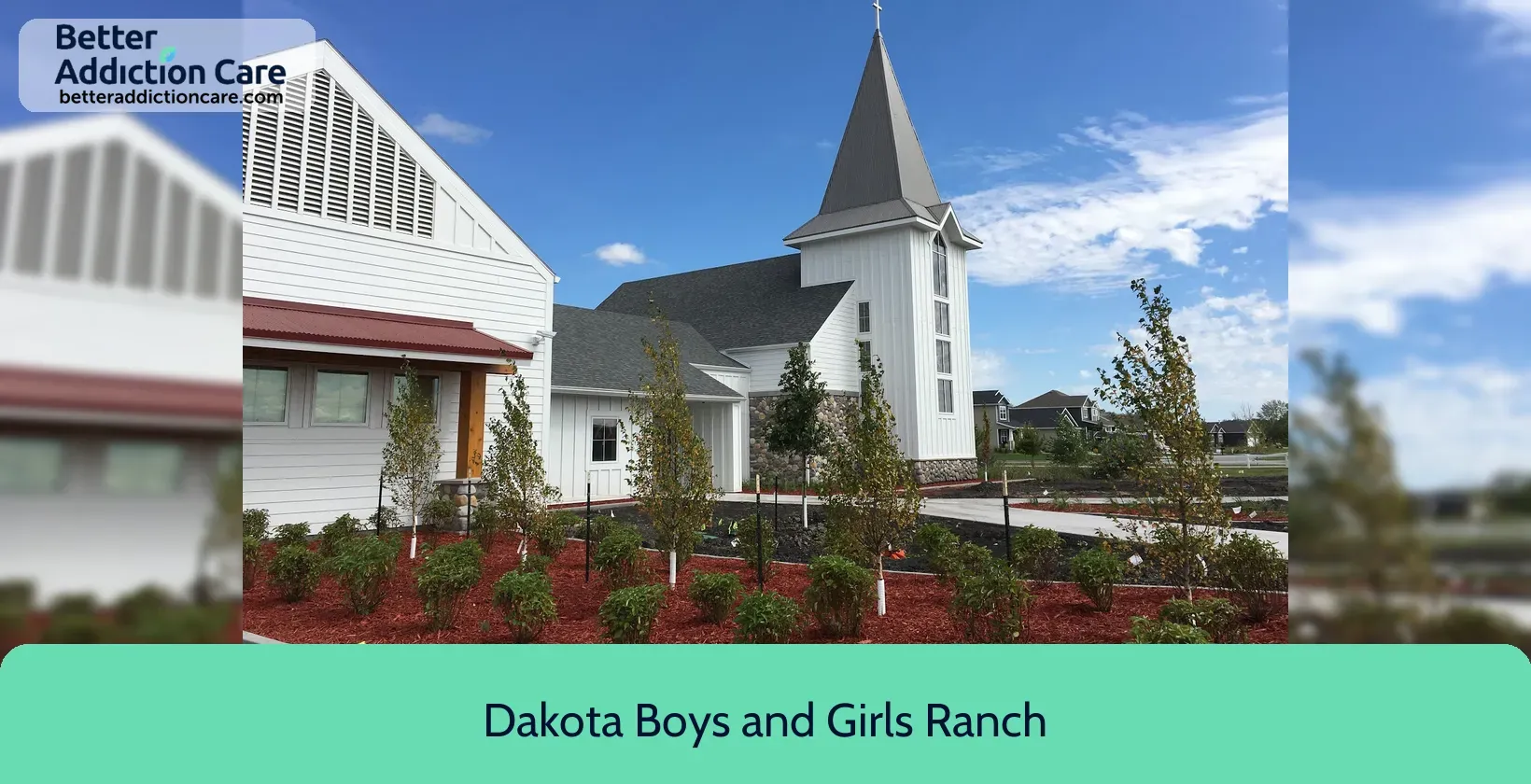
6.71
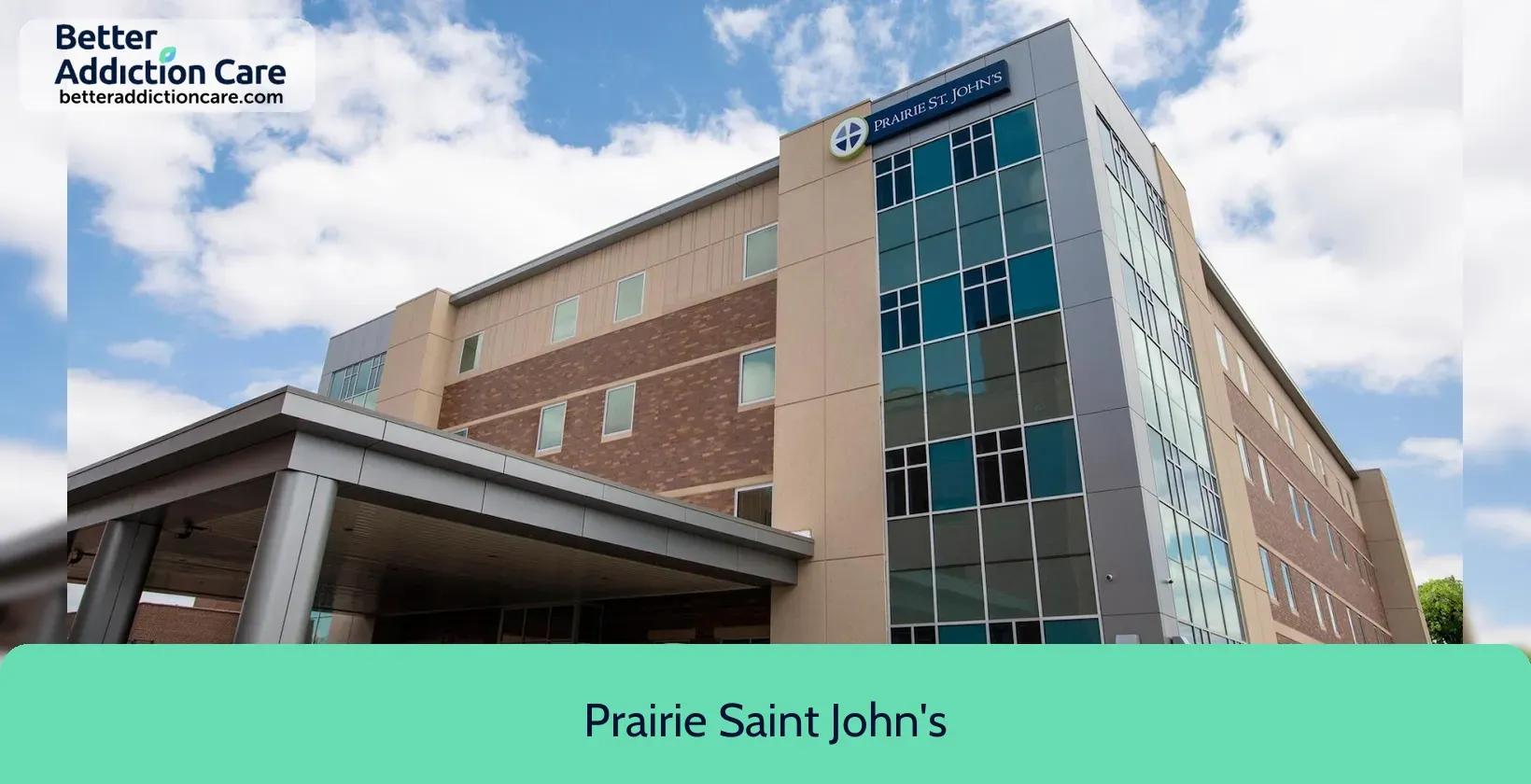
7.23
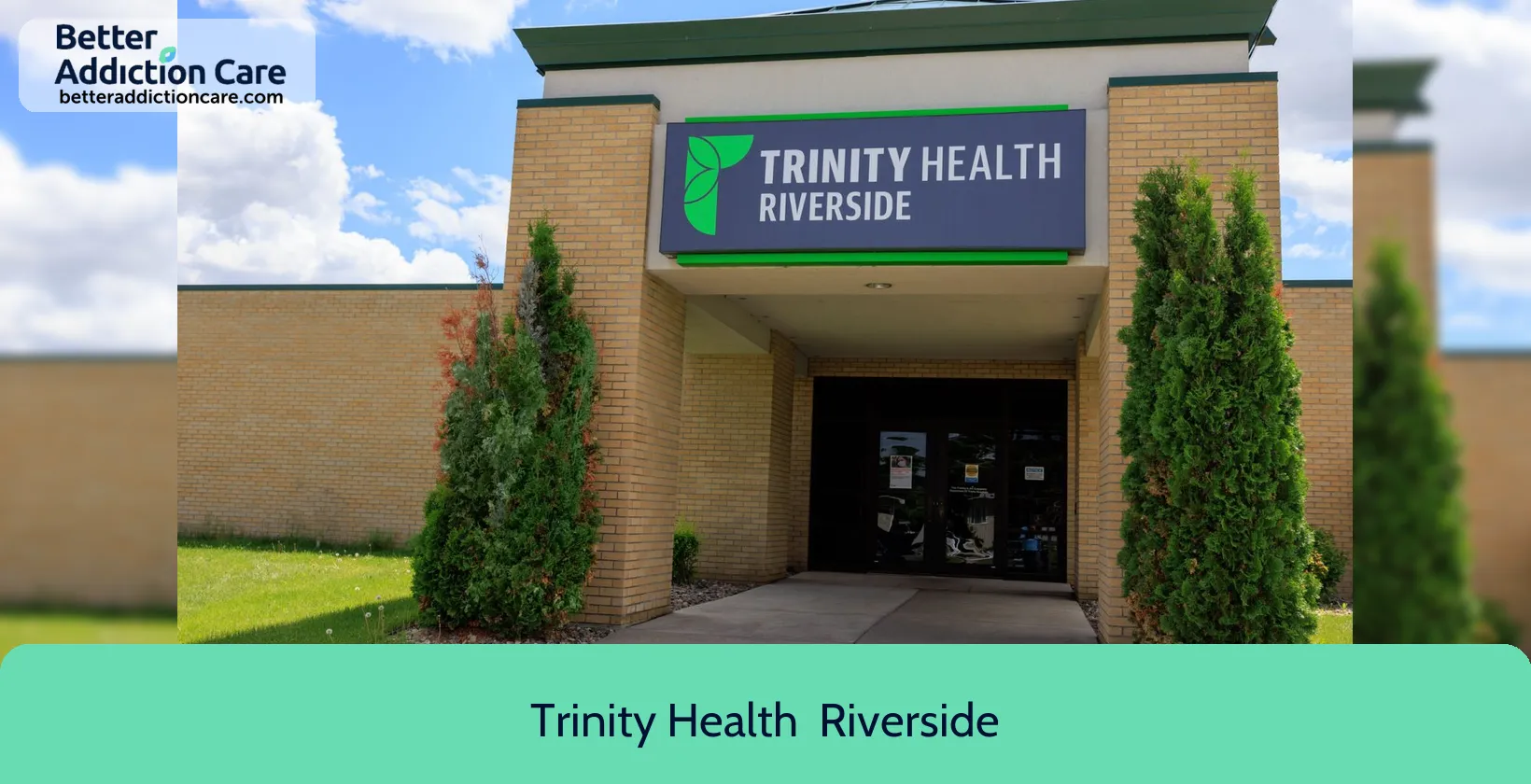
6.77

7.94

7.40

6.92

7.19

6.86

7.14

7.05

6.59

6.91

6.71

7.63

6.71

6.71

6.89

6.80

6.90

6.92

6.71

6.71

6.53

6.62

6.71

6.56

6.71

6.80

6.92
Substance abuse and Mental Health facilities Report for North Dakota
45th
Cheapest To Most Expensive State Rank
90
Substance Abuse Facilities
3,754
Number of Patients Annually
3,358
Annual Enrollments
$4M
Spent on Outpatient Services (Million)
$1,376.00
Avg Outpatient Rehab Cost
321
Residential Admissions
$20M
Spent on Residential Treatment (Million)
$64,673.00
Residential Rehab Pay (Up To)
75
Total Patients
3
Free Drug Rehab Facilities
Alcoholism, Drug Abuse, Mental Health, and Treatment in North Dakota
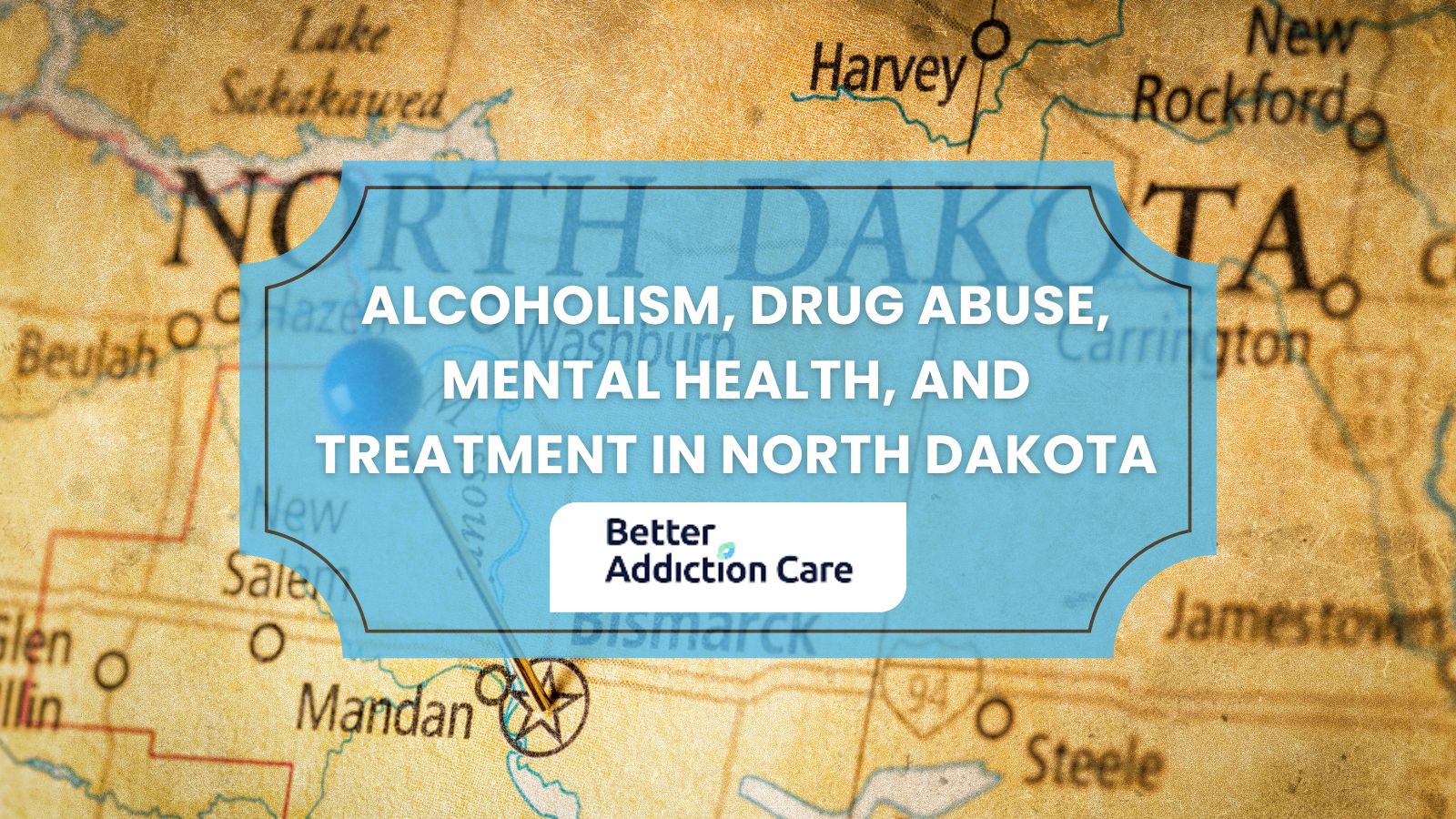
What are the main addictions people in North Dakota suffer from?
The main addictions people in North Dakota suffer from include
- Alcohol Addiction: 105,201 people (13.5% of the population) aged 12 and older reported alcohol use disorder in the past year. 69,433 (66%) 17.8% of male population and 35,768 (33.9%), 9.0% of the female population have alcohol addiction.
- Marijuana Addiction: 138,891 people (17.8% of the population) aged 12 and older used marijuana in the past year. 80,556 (58%) 20.6% of male population and 58,335 (42%), 14.6% of the female population have marijuana addiction.
- Prescription Pain Reliever Addiction: 22,909 people (2.94% of the population) aged 12 and older misused prescription pain relievers in the past year. 12,790 (55%) males and 10,220 (44%) females have Pain reliever addiction.
- Methamphetamine Addiction: 9,192 people (1.18% of the population) aged 12 and older used methamphetamine in the past year. 4,881 (53.1%) 1.3% of male population and 4,311 (46.7%) 1.1% of female population have Methamphetamine addiction.
- Cocaine Addiction: 11,299 people (1.45% of the population) aged 12 and older used cocaine in the past year. 6,779 (60%) 1.8% of male population and 4,520 (40%) 1.1% of the female population have cocaine addiction.
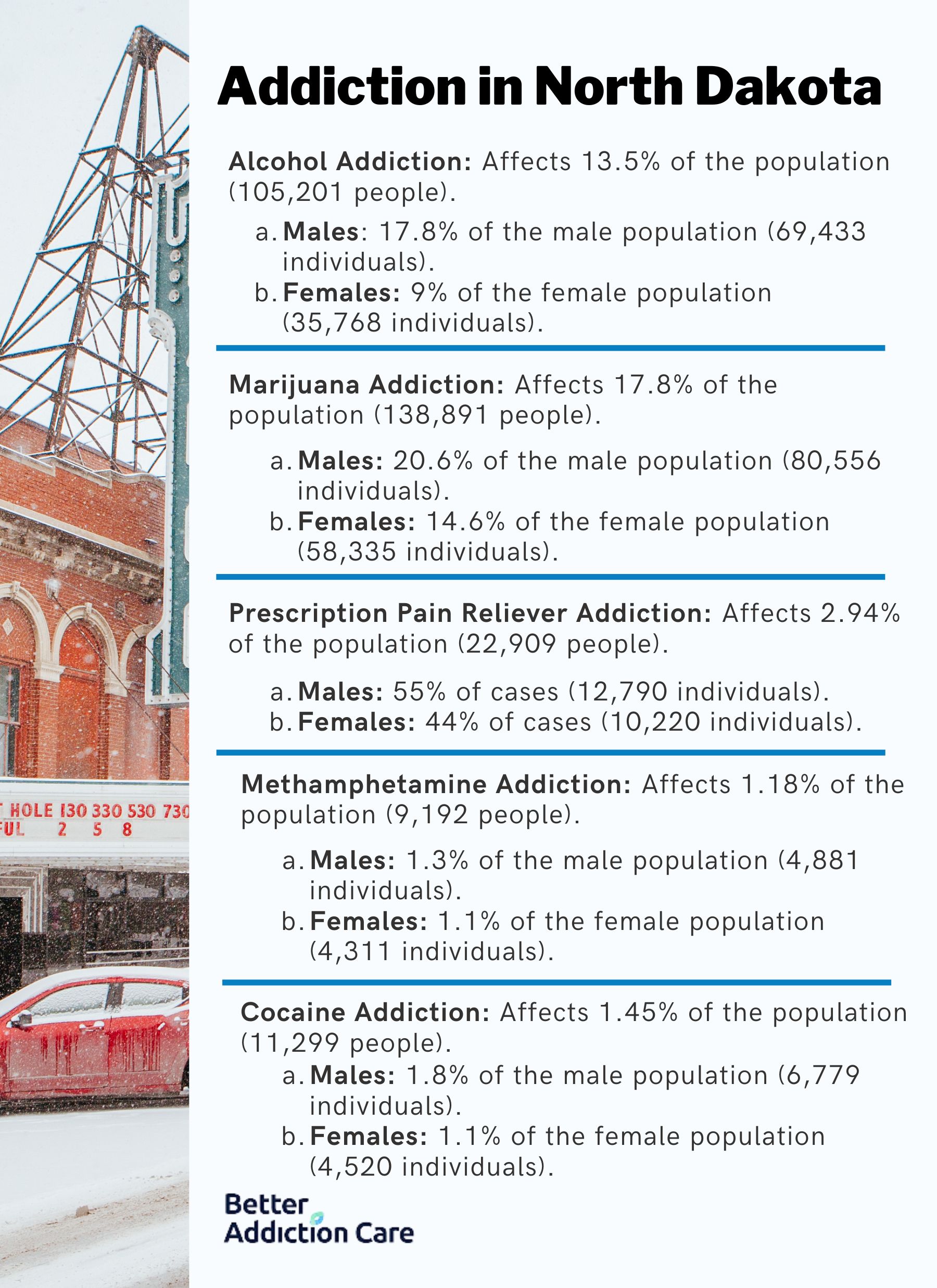
What is the cost of rehab centers in North Dakota?
The cost of rehab centers in North Dakota is $64,673. Inpatient rehab costs $57,070, which is 11.8% lower than the Dakota’s average. Outpatient programs are substantially more affordable, averaging $9,483, which is 85.3% lower than the overall average.
The cost of rehab centers varies significantly based on the type of treatment. Medical detoxification is the most expensive treatment option, costing $159,443, representing a 146.6% increase from the average.
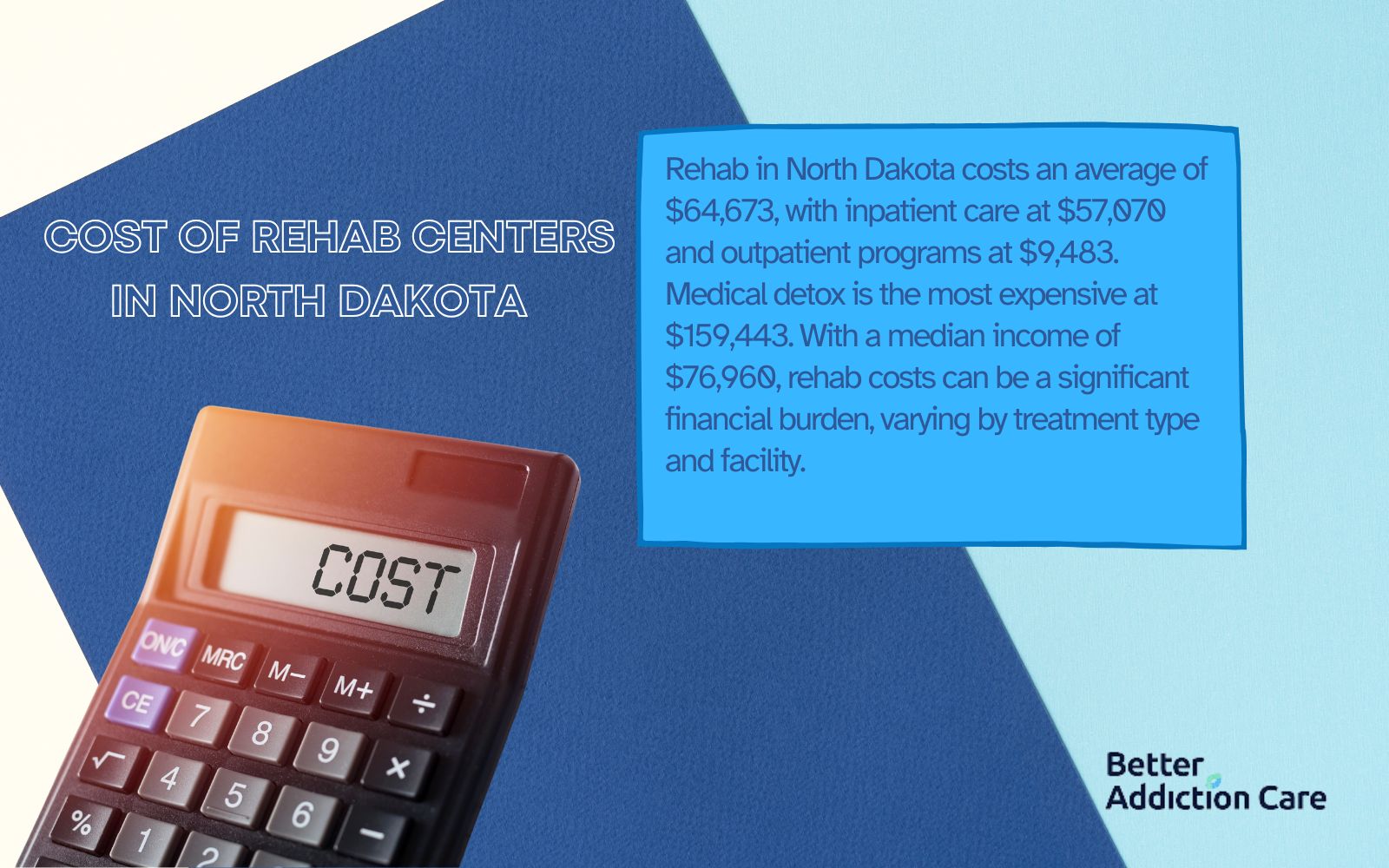
The median household income in North Dakota is $76,960, the cost of rehab centers equates to 84% of annual earnings, highlighting the financial burden such treatments pose for families. The overall cost is influenced by factors such as the type of addiction being treated and the specific rehab center’s amenities and services. Inpatient centers include 24/7 care, while outpatient facilities provide more flexible and less costly treatment options.
What is the cost of LGBTQ+ rehab centers in North Dakota?
The cost of LGBTQ+ rehab centers in North Dakota is $64,000. Inpatient rehab costs $57,070, which is 11.8% lower than the Dakota’s average. Outpatient programs are substantially more affordable, averaging $9,483, which is 85.3% lower than the overall average.
The cost of LGBTQ+ rehab centers varies significantly based on the type of treatment. Medical detoxification is the most expensive treatment option, costing $159,443, representing a 146.6% increase from the average.
The median household income in North Dakota is $76,960, the cost of LGBTQ+ rehab centers equates to 83.1% of annual earnings, highlighting the financial burden such treatments pose for families. The overall LGBTQ+ cost is influenced by factors such as the type of addiction being treated and the specific rehab center’s amenities and services. Inpatient centers include 24/7 care, while outpatient facilities provide more flexible and less costly treatment options.
What is the cost of Faith-Based rehab centers in North Dakota?
The cost of Faith-Based rehab centers in North Dakota is $63,673. Inpatient rehab costs $57,070, which is 11.8% lower than the Dakota’s average. Outpatient programs are substantially more affordable, averaging $9,483, which is 85.3% lower than the overall average.
The cost of Faith-Based rehab centers varies significantly based on the type of treatment. Medical detoxification is the most expensive treatment option, costing $159,443, representing a 146.6% increase from the average.
The median household income in North Dakota is $76,960, the cost of Faith-Based rehab centers equates to 82% of annual earnings, highlighting the financial burden such treatments pose for families. The overall Faith-Based cost is influenced by factors such as the type of addiction being treated and the specific rehab center’s amenities and services. Inpatient centers include 24/7 care, while outpatient facilities provide more flexible and less costly treatment options.
What is the cost of Men-Only rehab centers in North Dakota?
The cost of Men-Only rehab centers in North Dakota is $62,900. Inpatient rehab costs $57,070, which is 11.8% lower than the Dakota’s average. Outpatient programs are substantially more affordable, averaging $9,483, which is 85.3% lower than the overall average.
The cost of Men-Only rehab centers varies significantly based on the type of treatment. Medical detoxification is the most expensive treatment option, costing $159,443, representing a 146.6% increase from the average.
The median household income in North Dakota is $76,960, the cost of Men-Only rehab centers equates to 81% of annual earnings, highlighting the financial burden such treatments pose for families. The overall Men-Only cost is influenced by factors such as the type of addiction being treated and the specific rehab center’s amenities and services. Inpatient centers include 24/7 care, while outpatient facilities provide more flexible and less costly treatment options.
What is the cost of Women-Only rehab centers in North Dakota?
The cost of Women-Only rehab centers in North Dakota is $63,500. Inpatient rehab costs $57,070, which is 11.8% lower than the Dakota’s average. Outpatient programs are substantially more affordable, averaging $9,483, which is 85.3% lower than the overall average.
The cost of Women-Only rehab centers varies significantly based on the type of treatment. Medical detoxification is the most expensive treatment option, costing $159,443, representing a 146.6% increase from the average.
The median household income in North Dakota is $76,960, the cost of Women-Only rehab centers equates to 82.5% of annual earnings, highlighting the financial burden such treatments pose for families. The overall Women-Only cost is influenced by factors such as the type of addiction being treated and the specific rehab center’s amenities and services. Inpatient centers include 24/7 care, while outpatient facilities provide more flexible and less costly treatment options.
What is the cost of Teen rehab centers in North Dakota?
The cost of Teen rehab centers in North Dakota is $62,500. Inpatient rehab costs $57,070, which is 11.8% lower than the Dakota’s average. Outpatient programs are substantially more affordable, averaging $9,483, which is 85.3% lower than the overall average.
The cost of Teen rehab centers varies significantly based on the type of treatment. Medical detoxification is the most expensive treatment option, costing $159,443, representing a 146.6% increase from the average.
The median household income in North Dakota is $76,960, the cost of Teen rehab centers equates to 81% of annual earnings, highlighting the financial burden such treatments pose for families. The overall Teen Rehab cost is influenced by factors such as the type of addiction being treated and the specific rehab center’s amenities and services. Inpatient centers include 24/7 care, while outpatient facilities provide more flexible and less costly treatment options.
What is the cost of Young Adult rehab centers in North Dakota?
The cost of Young Adult rehab centers in North Dakota is $60,900. Inpatient rehab costs $57,070, which is 11.8% lower than the state average. Outpatient programs are substantially more affordable, averaging $9,483, which is 85.3% lower than the overall average.
The cost of Young Adult rehab centers varies significantly based on the type of treatment. Medical detoxification is the most expensive treatment option, costing $159,443, representing a 146.6% increase from the average.
The median household income in North Dakota is $76,960, the cost of Young Adult rehab centers equates to 79% of annual earnings, highlighting the financial burden such treatments pose for families. The overall Young Adult cost is influenced by factors such as the type of addiction being treated and the specific rehab center’s amenities and services. Inpatient centers include 24/7 care, while outpatient facilities provide more flexible and less costly treatment options.
What is the cost of Luxury Rehab centers in North Dakota?
The cost of Luxury rehab centers in North Dakota is $65,000. Inpatient rehab costs $57,070, which is 11.8% lower than the state average. Outpatient programs are substantially more affordable, averaging $9,483, which is 85.3% lower than the overall average.
The cost of Luxury rehab centers varies significantly based on the type of treatment. Medical detoxification is the most expensive treatment option, costing $159,443, representing a 146.6% increase from the average. Conditions like opioid or alcohol dependency often require advanced therapies and medications, potentially increasing expenses by an additional 20–50%. For example, specialized treatments for opioid addiction might raise the average cost by $10,000 to $15,000, reflecting a 33–50% increase over the base luxury rehab rate.
The median household income in North Dakota is $76,960, the cost of Luxury rehab centers equates to 84% of annual earnings, highlighting the financial burden such treatments pose for families. The overall Luxury cost is influenced by factors such as the type of addiction being treated and the specific rehab center’s amenities and services. Inpatient centers include 24/7 care, while outpatient facilities provide more flexible and less costly treatment options.
What is the cost of Dual Diagnosis rehab centers in North Dakota?
The cost of Dual Diagnosis rehab centers in North Dakota is $61,500. Inpatient rehab costs $57,070, which is 11.8% lower than the Dakota’s average. Outpatient programs are substantially more affordable, averaging $9,483, which is 85.3% lower than the overall average.
The cost of Dual Diagnosis rehab centers varies significantly based on the type of treatment. Medical detoxification is the most expensive treatment option, costing $159,443, representing a 146.6% increase from the average.
The median household income in North Dakota is $76,960, the cost of Dual Diagnosis rehab centers equates to 79.9% of annual earnings, highlighting the financial burden such treatments pose for families. The overall Dual Diagnosis cost is influenced by factors such as the type of addiction being treated and the specific rehab center’s amenities and services. Inpatient centers include 24/7 care, while outpatient facilities provide more flexible and less costly treatment options.
Is drug abuse and addiction a problem in North Dakota?
Yes, drug abuse and addiction is a problem in North Dakota. Firstly, North Dakota has experienced a substantial increase in unintentional drug overdose deaths, with rates rising by 75% from 0.98 per 10,000 people in 2022 to 1.71 per 10,000 in 2024. Secondly, alcohol-related incidents remain prevalent, as 47% of all motor vehicle-related deaths in North Dakota involve alcohol. Thirdly, youth substance use is a growing concern, with 5.42% of adolescents aged 12 to 17 reporting drug use in the past month, and 9.03% reporting marijuana use in the past year. Over the years, the drug overdose death rate in North Dakota has increased in 9 of the last 13 years, rising by 94% since 2018 and by 7.1 times since 2013. These statistics underscore the escalating challenge of substance abuse and addiction within North Dakota.
Is alcoholism a problem in North Dakota?
Yes, alcoholism is a problem in North Dakota. 22.7% of adults engage in monthly binge drinking, surpassing the national average. This high prevalence contributes to alcohol-related fatalities, with 38% of all fatal crashes in 2024 being alcohol-related, resulting in 43 deaths.
North Dakota ranks fourth nationally for binge alcohol consumption, indicating a widespread issue. Over the years, alcohol-induced mortality rates have increased by 58%, from 10.9 deaths per 100,000 people in 2014 to 17.2 in 2024, highlighting a growing problem. These statistics underscore the persistent and escalating challenge of alcoholism in North Dakota.
Is Mental Health a problem in North Dakota?
Yes, mental health is a problem in North Dakota. 25.79% of adults have experienced some form of mental illness in the past year. 10% of adults reported having a major depressive episode within the same timeframe. 12.6% of adults indicated that their mental health was not good for 14 or more days in the past month. Over the years, the prevalence of serious mental illness among adults aged 18 or older in North Dakota has increased from 2.6% in 2012–2019 to 5.1% in 2017–2024, indicating a growing challenge in addressing mental health needs within North Dakota.
Can you travel to North Dakota for rehab?
Yes, you can travel to North Dakota for rehab is a viable option for several compelling reasons. Firstly, North Dakota offers a serene and low-stress environment, which is conducive to recovery. Its rural settings and natural landscapes provide a tranquil atmosphere that aids mental clarity and emotional well-being. Secondly, North Dakota has a growing network of high-quality rehab facilities that cater to various needs, including luxury options and specialized treatment programs for different types of substance use disorders. These facilities often emphasize personalized care and cutting-edge therapies. Thirdly, North Dakota’s relatively low population density reduces distractions and external pressures, creating an ideal space for individuals to focus on recovery without the chaos of larger metropolitan areas. The main advantages of North Dakota as a rehab destination include its peaceful surroundings, commitment to individualized treatment, and supportive recovery environment, which collectively set it apart as an excellent choice for rehab.
Can addiction be treated in North Dakota?
Yes, addiction can be treated in North Dakota for several reasons. Firstly, North Dakota offers a wide range of treatment options, including inpatient and outpatient programs, medication-assisted treatment (MAT), and counseling services tailored to individual needs. Secondly, North Dakota is home to skilled healthcare professionals and certified addiction specialists who provide evidence-based therapies such as cognitive-behavioral therapy (CBT) and motivational interviewing.
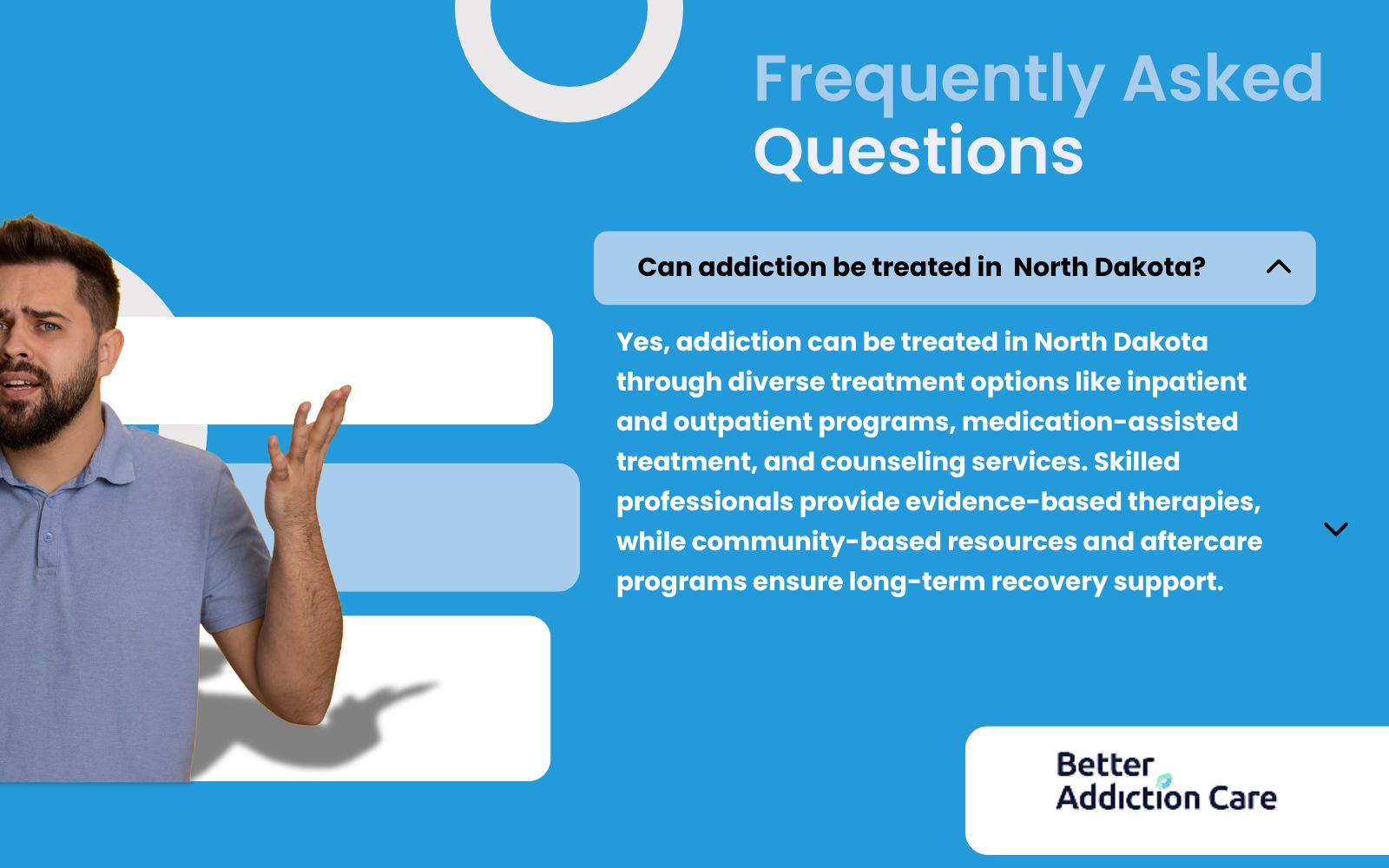
Thirdly, North Dakota supports recovery through community-based resources, including peer support groups and aftercare programs, ensuring long-term support for individuals working towards sobriety. These combined factors make North Dakota a viable location for addiction treatment.
What is the state of North Dakota?
The state of North Dakota is in the United States located in the Upper Midwest region. It shares borders with Canada to the north, Montana to the west, South Dakota to the south, and Minnesota to the east. As of the latest data, North Dakota has a population of 779,000, with a near-equal distribution between males and females: 50.3% male and 49.7% female.
Economically, North Dakota is considered a relatively affluent state due to its strong energy and agriculture sectors. The state of Dakota benefits from significant oil production in the Bakken Formation, contributing to one of the lowest unemployment rates in the country. However, its rural nature and dependency on certain industries result in economic disparities in specific areas.
What is the population of North Dakota?
The population of North Dakota is 783,926, with a gender distribution of 51.2% male and 48.8% female. The age demographics reveal that 23.52% of the population, or 182,733 individuals, are under 18 years old, while 60.62%, or 470,921 individuals, fall within the working-age range of 18 to 64 years. The elderly population, aged 65 years and older, comprises 15.86%, or 123,220 individuals. The largest specific age group is 20 to 24 years, accounting for 63,206 people, or 8.14% of the population. These figures indicate a relatively young population with a majority in the workforce, which supports the Dakota’s economic activities and planning needs.
What is the income of people from North Dakota?
The income of people from North Dakota is $42,814, per capita income. In North Dakota, the median household income is $76,525. Income levels vary across different age groups, with younger individuals earning less than those in their prime working years. For example, individuals aged 25 to 44 have an average income of $44,231, whereas those aged 45 to 64 average $53,865. Householders aged 45 to 64 have the highest median household income at $97,050, followed by those aged 25 to 44 with $87,800.
Householders under 25 years have a median income of $42,691, while those 65 and over have a median income of $55,434.Gender disparities are evident, with males aged 15 and older earning a median income of $50,466, compared to $32,066 for females in the same age group. Among full-time, year-round workers, males have a median income of $63,278, while females earn $49,562. These figures highlight significant income variations across age groups and a notable gender pay gap in North Dakota.


